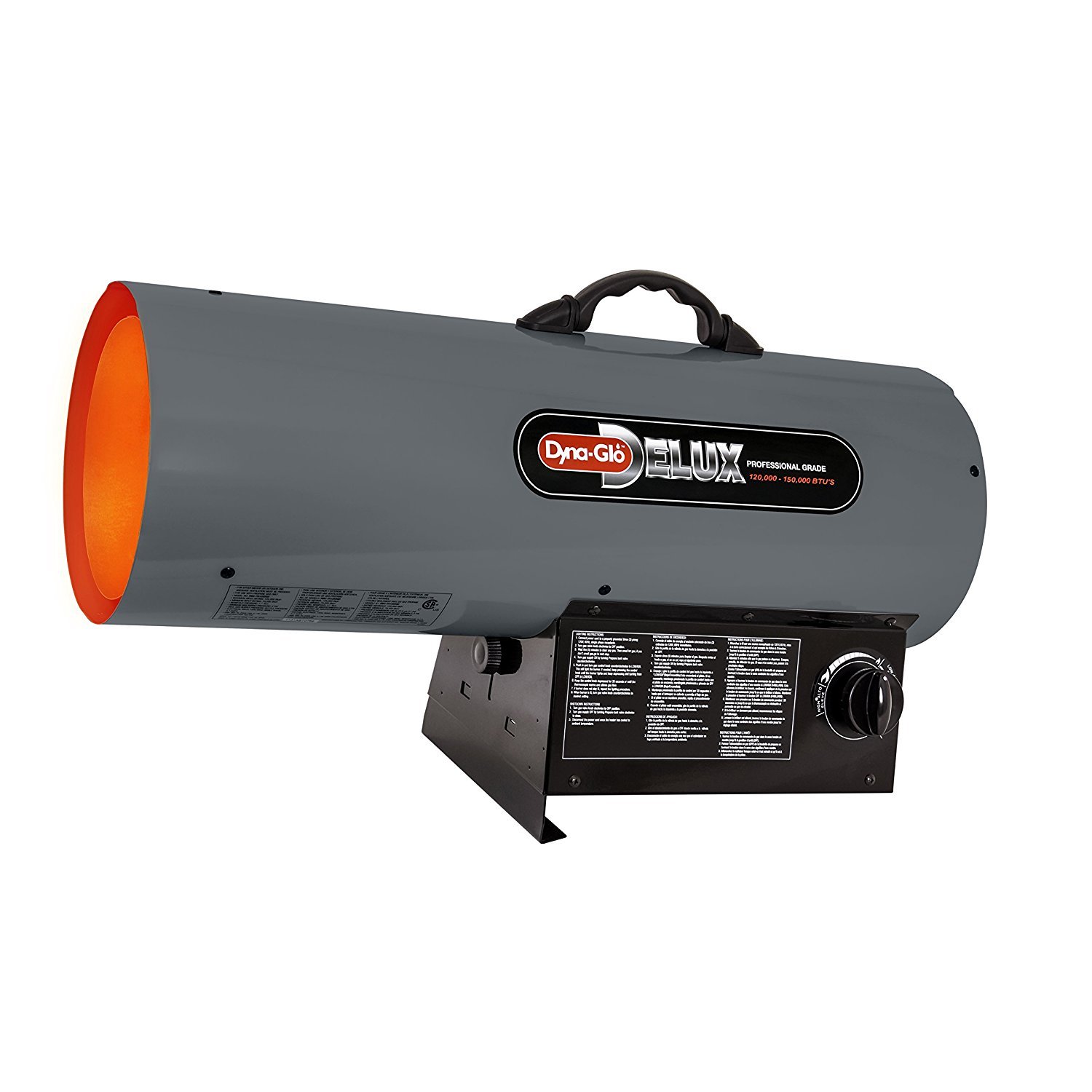

“How many BTU is (NUMBER OF WATTS) watts?”īasically, we want to know how many BTU is 500W, 1,000W, 2,000W, and so on.
WATTS TO BTU HOW TO
We will solve a few examples of how to convert watts to BTU for an air conditioner, a furnace, and a space heater below.īut first, let’s address the question most people have when it comes to watts to BTUs conversion. Using the watt to BTU calculator, you can simply input (or slide the slider) the number of watts and you will get how many BTUs is that. You can use freely use it for simple unit conversion in HVAC or for any other purpose: Watts To BTU Conversion Calculator Here’s the answer:īased on this simple conversion, we can design a simple-to-use watt to BTU calculator. Basically, we only need to know how many BTUs are in 1 watt. Just use the ‘Watt To BTU’ calculator you will find below. both watts and BTU/hr are power units), we can convert them or use them interchangeably if we follow the conversion rules. When we have two units representing the same quantity (ie. In practice, when we talk about BTU, we’re also referencing BTU/hr or BTU per hour (unit of power, not heat). 1 BTU is defined as the amount of heat required to raise the temperature of 1 lb of water by 1☏. Watt is a SI unit of power equivalent to J/s (joule per second).īTU or British Thermal Unit is a part of US customary units. We need to convert watts to BTU when it comes to different HVAC devices (including air conditioners, furnaces, and so forth). BTU (British Thermal Unit) is a unit of heat. The watt as a unit of power should not be confused with its energy counterpart, the watt-hour (and all its multiples/submultiples).ītu (IT)/hour to Watt Conversion Table Btu (IT)/hour ġ5 Btu/h = 15 × 0.2930710702 W = 4.Watts are a basic unit of power. The absolute watt was adopted as the SI unit of power in 1960.Ĭurrent use: As the SI derived unit of power, the watt in all its multiples and submultiples is used in many applications worldwide from radio transmission to use in the electric power industry. 1 absolute watt is equal to 1.00019 international watts. These were used until 1948 when the General Conference on Weights and Measures re-defined the watt to absolute units, using only mass, time, and length. In 1908, the "international" definitions were defined, with Siemens' definition being adopted as the international watt. It was first proposed in 1882 by William Siemens who defined it as "the power conveyed by a current of an Ampere through the difference of potential of a Volt." This was the definition used at the time within the existing system of units. History/origin: The watt is named after James Watt, a Scottish inventor. It is defined as 1 joule per second and is used to quantify the rate of energy transfer. Wattĭefinition: A watt (Symbol: W) is the SI (International System of Units) derived unit of power. Multiples of the watt hour, often the kilowatt hour, are more frequently used than Btu/h, even in the United States. It has a number of different definitions all of which equate to approximately 1,055 joules.Ĭurrent use: The British thermal unit per hour is not a widely used unit. The BTU is specifically defined as the amount of heat required to increase the temperature of one pound of water by one ☏. History/origin: The British thermal unit per hour is based on the British thermal unit (symbol: Btu or BTU), a traditional United States customary unit of heat, where heat is a type of energy transfer in which energy moves from a hotter to a colder substance. One watt, the International System of Units derived unit of power, is equal to approximately 3.41214 Btu/h. This unit is often abbreviated as simply "Btu," which is the same abbreviation used for British thermal units, a measurement of heat. Definition: The British thermal unit per hour (symbol: Btu/h) is a United States customary system unit of power.


 0 kommentar(er)
0 kommentar(er)
